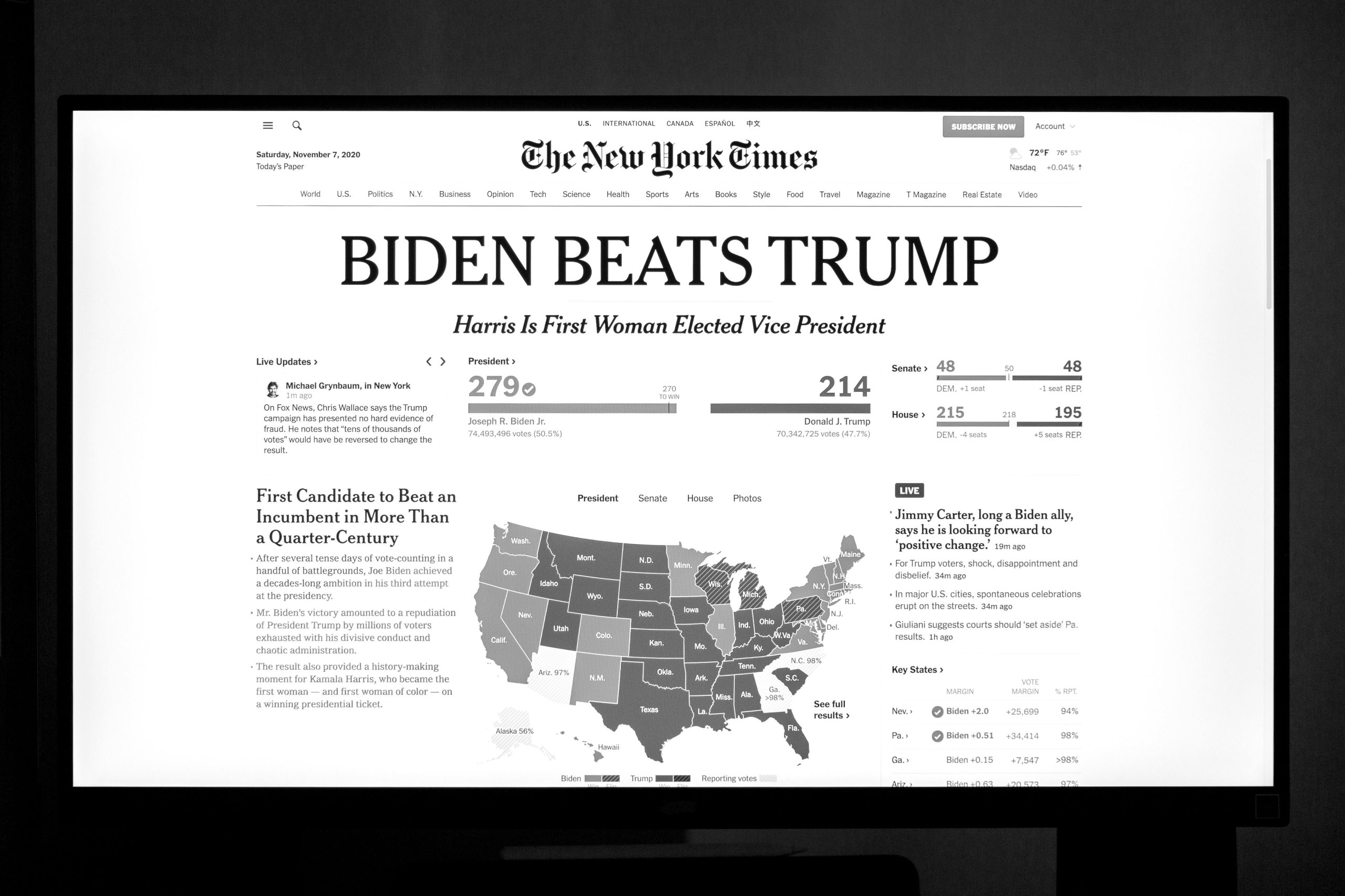Title: Trump Contemplates Pardons for Those Convicted in Whitmer Kidnap Plot
In a recent announcement on Wednesday, former President Donald Trump revealed that he is considering the possibility of issuing pardons to individuals convicted in connection with the 2020 conspiracy to kidnap Michigan Governor Gretchen Whitmer. This revelation has sparked a renewed debate regarding criminal justice, political motives, and the implications for those involved in this controversial case.
The attempted kidnapping, which was foiled by law enforcement agencies, was said to be motivated by opposition to the governor’s stringent COVID-19 policies. In an environment where political tensions continue to run high, the fallout from this case has underscored deep divisions within the public sphere. The conspirators believed that they were acting in defense of personal liberties, yet their plans were met with widespread condemnation and legal consequences.
Since the initial arrests, several individuals have received significant prison sentences based on their roles in the plot. Trump’s announcement comes at a time when discussions around criminal justice reform and the use of executive clemency are prevalent. Advocates on both sides of the political spectrum have weighed in on the ethics of pardoning those involved in crimes that have potential ramifications for effective governance and public safety.
While some view Trump’s potential pardon as an act of political sympathy for individuals they believe were unjustly prosecuted, critics argue that such a move could further normalize extremist behavior and undermine the seriousness of the charges against these individuals. The complexity of this situation reflects broader themes of justice and accountability in today’s political landscape, where the lines between freedom of expression and criminal action can easily become blurred.
As Trump deliberates on this significant decision, the public remains watchful. The choice to grant pardons often carries with it a sense of finality and can invoke strong reactions from various factions within society—supporters of individual liberties may champion such a move, while opponents may see it as a step backward in the journey toward a just legal system.
The coming weeks will undoubtedly be pivotal as this story unfolds, and it will be interesting to see how this potential action plays out within the realms of law, politics, and public opinion. Observers from across the nation will be keenly following any developments as the dialogue surrounding the case and its implications continues to evolve.
For now, citizens and political analysts alike are left to ponder the broader implications of Trump’s considerations and what they might signify for the future of political pardons and the rule of law in America.



